Diamox is a medication specifically made to reduce the severity of acute mountain sickness. It works as a diuretic and stimulates urine production. The primary purpose of Diamox is to prevent altitude sickness, although it does not provide a cure. Climbers commonly use Diamox to delay the onset of symptoms and safely reach the summit.
As recommended by the CDC, a dosage of 125 mg of Diamox is advised to be taken twice daily, starting two days before the climb. Informal evidence suggests that a smaller dosage may be effective for certain individuals as a preventive measure. However, it is always advisable to consult a doctor to determine if Diamox is suitable for you.
To evaluate any potential adverse effects, we suggest taking Diamox for a trial period of 2-4 days a few weeks before your Kilimanjaro climb. This will allow for the identification of any negative reactions without confusion with symptoms of altitude sickness. The summit of Kilimanjaro is classified as “extreme altitude,” reaching a height of 19,341 feet above sea level. While not as challenging as Everest, climbing it safely still requires additional oxygen.
Altitude sickness and its complications are the primary reasons why climbers may need to turn back or fail to reach the summit. Even physically fit hikers can be affected by altitude sickness. While the ideal way to acclimate is to climb slowly and let your body adjust naturally, Diamox can expedite this process.
Disclaimer: The information provided in this article is not intended for diagnosing, treating, preventing, or curing any disease. It is recommended to consult a healthcare practitioner before following any advice mentioned here.
What is Diamox?
Diamox is the drug used by mountaineers to treat altitude sickness. It is a trade name for Acetazolamide which is widely used by mountain climbers as prophylactic while trekking or while on the mountain to help combat AMS.
Acetazolamide that goes by the popular name, Diamox is a medication that acts as a diuretic to reduce swelling associated with heart disease. It works by stimulating the production of urine, allowing the body to eliminate excess water and salt. In addition to its primary use, Acetazolamide can also be used to treat seizures, certain types of glaucoma, and prevent symptoms of altitude sickness. However, it is important to note that Diamox may not be suitable for everyone. It is highly recommended to consult with a doctor, who possesses the most comprehensive understanding of your medical history, before taking this medication. Furthermore, seeking your doctor’s guidance is crucial when planning to travel to an environment with low oxygen levels.
How does Diamox work?
Diamox is used to stimulate breathing by acidifying the blood. This stimulation allows oxygen to flow into the bloodstream in a great quantity.
We do recommend that you consult your doctor before you take Diamox as he will give you the best advice on the risks, side effects, and benefits of using the drug.
The recommended dosage of Diamox is 125mg twice daily, which should be taken two days before you start climbing the mountain.
Further information on Diamox
DO I NEED DIAMOX TO SUMMIT KILIMANJARO?
Mount Kilimanjaro, standing at a lofty height of 5,895m is categorized under extreme altitude mountains. When climbing the mountain, chances are that you might catch altitude sickness and start feeling the AMS symptoms. There sure are good methods to combat altitude sickness by acclimatization. Some of these methods for acclimatization to avoid or minimize the effect of altitude sickness include taking it easy, climbing slowly, climbing high and sleeping low and giving your body time to adapt to the changing environment of the mountain. Diamox is the drug that usually helps in this process too.
Disclaimer: Please consult your doctor for direct use and permission to use Diamox. This information is not meant to cure, or diagnose any medical condition.
Where can I buy Diamox around Moshi in Tanzania?
You can purchase Diamox at Kibo Pharmacy which is located in Moshi town. The pharmacy is close to the Moshi bus stand, a popular landmark around Moshi town in the CBD. It’s a popular pharmacy and you can get directions easily from anyone familiar with Moshi City.
What is Diamox?
Diamox is a medication used to treat various conditions, namely; glaucoma, epilepsy, altitude sickness, periodic paralysis, idiopathic intracranial hypertension (raised brain pressure of unclear cause), and heart failure. It is also the trade or brand name of acetazolamide.
Diamox is commonly used by mountaineers as part of the acclimatization process under the prescription of qualified and certified doctors.
The drug is not recommended to be used by people that have underlying medical conditions like kidney or liver complications conditions, kidney or liver complaints it may not be suitable.
Diamox can reduce the effects of altitude sickness significantly by making the body adapt to high-altitude conditions
Research has shown that a combination of low Diamox doses and acclimatization methods, has reduced the effects of altitude sickness significantly. Even if symptoms begin to show, they are usually very minimal. Diamox is used to prevent but not to cure altitude sickness.
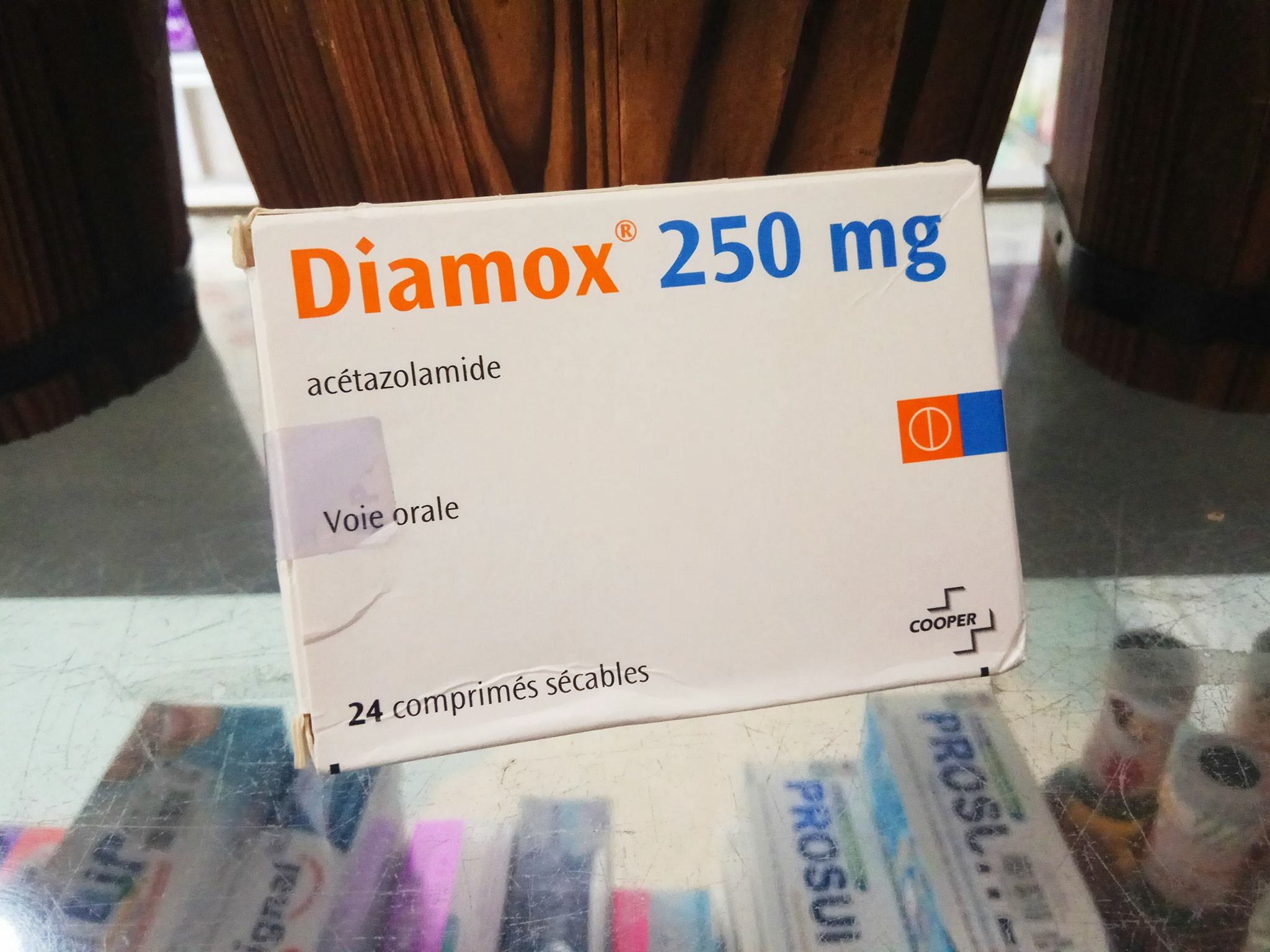
How does Diamox work?
Acetazolamide belongs to the sulfonamide medications that are used to treat bacterial infections. Diamox triggers the kidneys to produce bicarbonate, an action that makes the blood acidic after making your body think that your bloodstream is full of carbon dioxide. It, therefore, stimulates the respiratory system diuretically that is why you will feel the urge to urinate more at night. The diuretic effect results in increased urination and deeper breathing.
How to take Diamox before climbing and what is the proper dosage?
We advise purchasing Diamox in your hometown first if you intend to carry it with you on your climb. Before going to Tanzania, you should take it for a few days to make sure you don’t react to it. You should see your doctor before taking it because we are not medical professionals.
We have discovered that taking 125 mg of Diamox for the first few days on the mountain then increasing it to 250 mg once you reach 15,000 feet works best. Once you reach the peak, reduce the dosage to 125 mg for a short while. If you suddenly stop taking it, it can impair your eyesight and is used to treat glaucoma.
Diamox and malarone conflict
Malarone (a medication used to treat malaria) and Diamox appear to interfere, thus guides now advise stopping malarone after the second day and starting again on the way down.
Be warned Diamox will cause you to urinate frequently at night. Over five to six times a night, I got up to go potty, and I peed an average of two liters. Compare the benefits of Diamox with poor sleep. We all reached the summit, even though I was the only member of my group to use it. Without it, I’m not sure if I would have or not.
Side Effects & Interactions
The main side effects that climbers report are:
- Frequent urge to urinate. Diamox is a diuretic drug, climbers need to drink more water and liquids to stay hydrated on the mountain.
- Diamox can change the function of your taste buds. Certain foods or snacks might taste weird.
- Tingling of the face hands, fingers, nose and even toes. Sometimes you might feel numb.
- You will feel like vomiting and nausea, drowsiness and even feel confused. It is recommended that you try Diamox at home before climbing Mount Kilimanjaro to get used to the side effects and the symptoms that come with it.
- You may be more susceptible to sunburn.
Diamox can be used with medications of your already existing conditions. We recommend that your check the labels keenly to find out if you can use it together with the medications you are taking. It is also important to consult your doctor before taking Diamox. Check the WebMD recommendation of Diamox.
Dosage of Diamox on Kilimanjaro
According to the CDC, the recommended dosage is 125m, two times a day, and should be taken at least 2 days before you embark on your Mount Kilimanjaro hike. Informal sources have even proven that half a dose of Diamox can still work as prophylaxis.
Myths & Facts About Diamox
Below are some of the myths and facts about the drug Diamox:
Myth: Diamox conceals altitude sickness (AMS) symptoms
Fact: It doesn’t. It stimulates the natural acclimatization process of your body. Symptoms will still show if you fall ill
Myth: You will not suffer from altitude sickness (AMS) if you take Diamox.
Fact: Diamox is not a vaccine for altitude sickness, it will just make acclimatization easier and faster for you. Chances are that you might still catch altitude sickness (AMS).
Myth: Diamox will make you feel better when you catch altitude sickness (AMS)
Fact: Once you get altitude symptoms, Diamox will not protect you from the symptoms.
Myth: To reach the summit of Mount Kilimanjaro, Diamox is compulsory.
Fact: No. Diamox is not a must; you can climb Mount Kilimanjaro safely and in an enjoyable way without the help of Diamox just like plenty of climbers do.
Myth: You can dodge the hardship of mountain climbing by taking Diamox
Fact: Diamox accelerates the natural acclimatization process. Isn’t it worth it to conquer, fair and square Mount Kilimanjaro without an assist?
Myth: Altitude sickness will worsen if you stop taking Diamox
Fact: If you stop using Diamox while on the dose, you will not make you fall sick, your body will go back to its original form and start adapting naturally again.
Is Diamox Right for YOU?
You should consult your doctor or general practitioner for the best prescription and advice.
Since Diamox contains sulfa, you should avoid using it if you are allergic. Only your physician can answer that question.
Taking Diamox is a personal choice as it is optional and not a must to summit on Mount Kilimanjaro using the drug, Diamox.
Alternatives to help Acclimatization
The only medically proven drug that helps with acclimatization is Diamox. That being said, there are a few natural options out there that have been tried by unreliable sources. Below are the other unproven alternatives to Diamox that are used in the acclimatization process by climbers.:
- Gingko Biloba: This is a herbal medicine from the Gingko Biloba leaves, native to China and other parts of the world. Some climbers claim it is useful while others disagree.
- Coca leaves: Coca leaves tea has been used for a long time in various South American countries to cure altitude sickness.
- Beetroot: Widely used by athletes as a source of nitrite in the diet helps with blood flow. It is still not yet clear if it is beneficial in curing altitude sickness.
- Garlic: unverified sources claim that taking plenty of garlic can also increase blood flow and help cure acclimatization. It is not harmful to try though as these are all-natural ways
Remember to climb slowly, choose a longer route, stay hydrated and report to your mountain guides once the symptoms of altitude sickness kick in.
Additional information
| Mountains | Mount Kilimanjaro, Mount Kenya, Mount Rwenzori, Mount Elgon, Mount Longonot, Oldonyo Lengai |
|---|


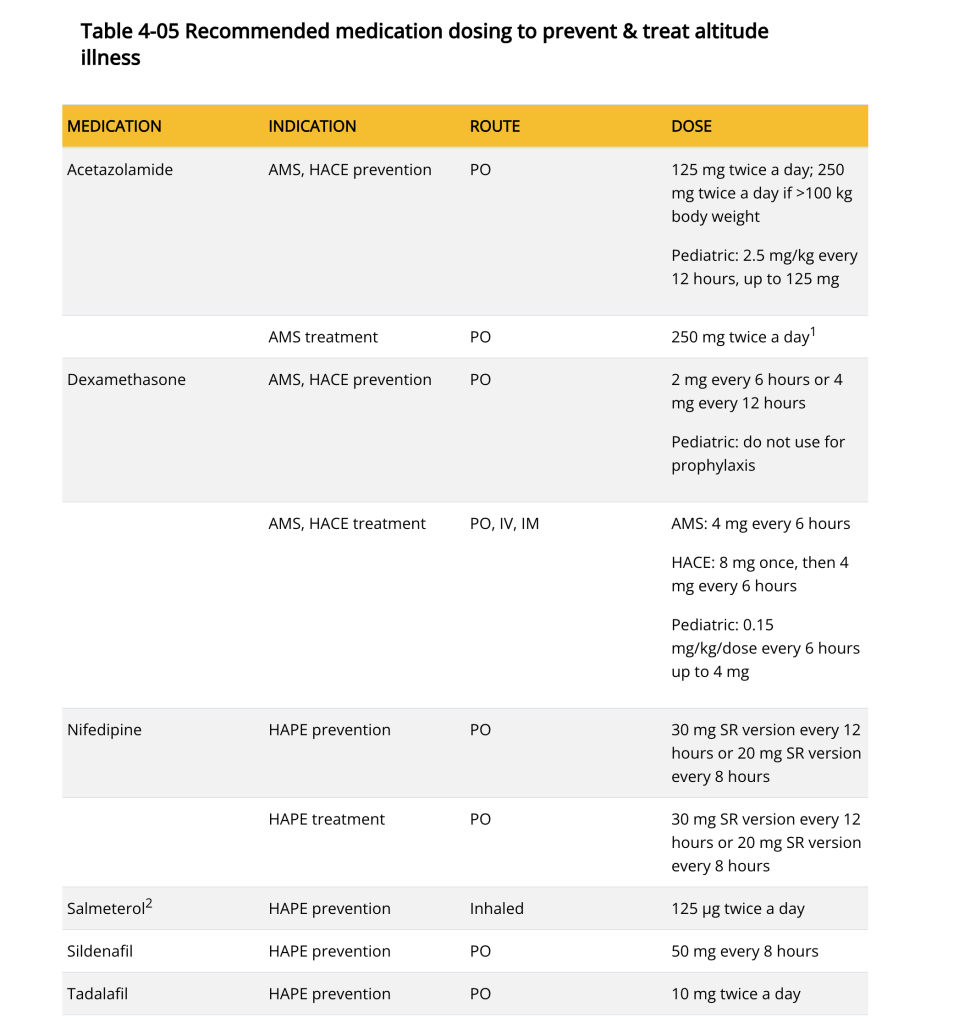
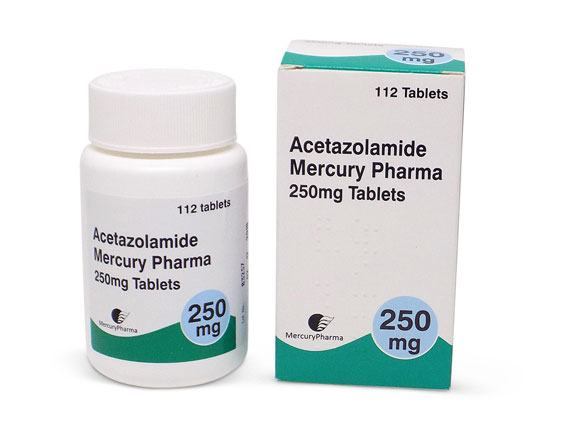
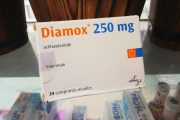

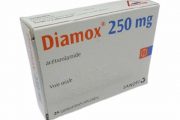

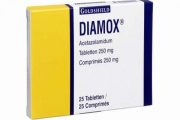
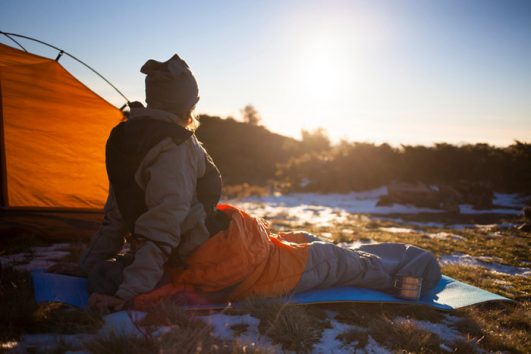

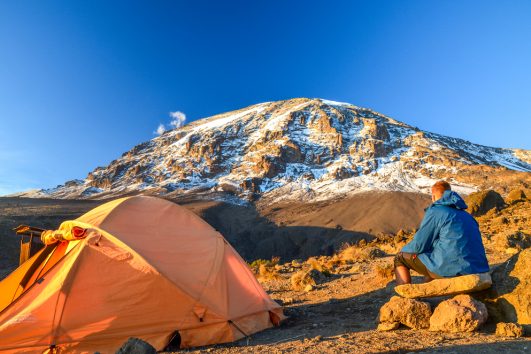
Tour Reviews
There are no reviews yet.
Leave a Review